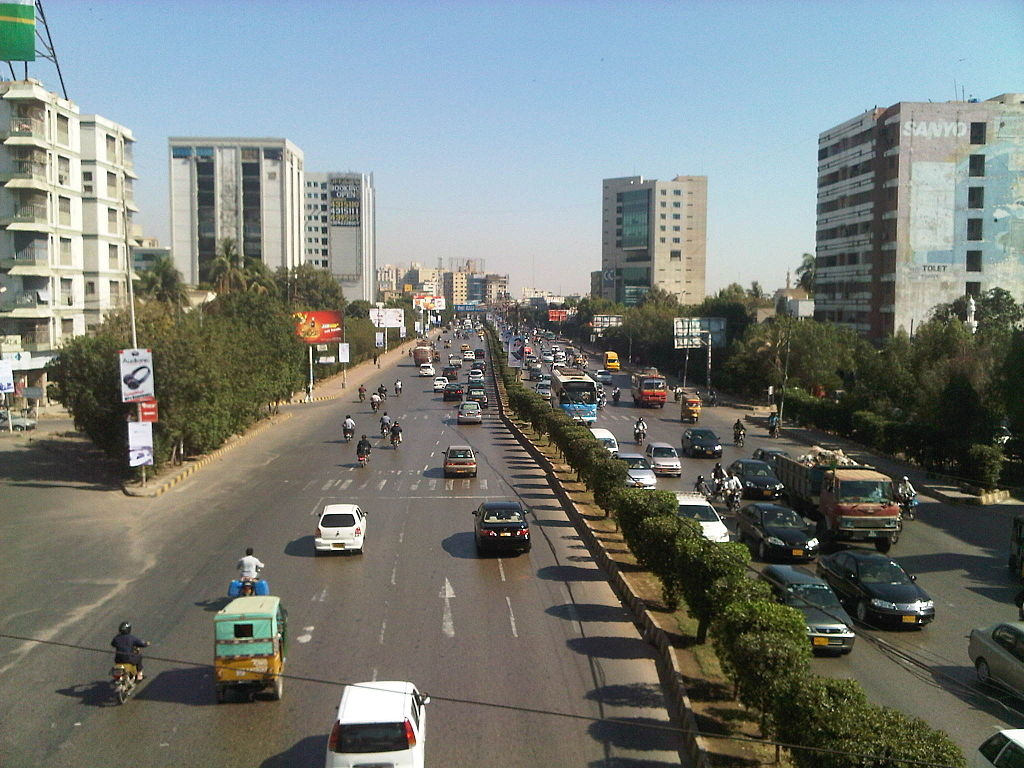|
In this mailing:
- Denis MacEoin: Forty Years of
Iranian Intolerance
- Uzay Bulut: Pakistan: Abduction,
Forced Conversion of Non-Muslim Girls
by Denis
MacEoin • August 7, 2019 at 5:00 am
- What,
one has to ask, does Iran's Islamic regime have to fear from the
country's Christians, Baha'is, Zoroastrians, Sufis, Sunni Muslims,
or Jews? Yet its treatment of these minorities is so repressive
that it seems not unreasonable to ask if the clerics might be
afraid of what they consider challenges to their fantasy of pure
Islamic identity.
- So
why this persecution? Because they represent a challenge to the
radical shari'a law doctrines of the clergy, who impose Ayatollah
Khomeini's religio-politico system of Velayat-e Faqih (rule
by the theocratic Islamic government).
- "If
they [Muslims] had gotten rid of the punishment for apostasy,
Islam would not exist today." – Islamic leader Sheikh Yusuf
al-Qaradawi.
- The
Iranian people who have been fighting for their freedom all these
years deserve our immediate help.

What does Iran's Islamic regime have
to fear from the country's Christians, Baha'is, Zoroastrians, Sufis,
Sunni Muslims, or Jews? Yet its treatment of these minorities is so
repressive that it seems not unreasonable to ask if the clerics might
be afraid of what they consider challenges to their fantasy of pure
Islamic identity. Pictured: The destruction of a historic Baha'i
cemetery in Shiraz, Iran, by the Islamic Revolutionary Guards Corp.
(Image source: Baha'i World News Service)
The regime that currently rules Iran was set up after a
revolution in early 1979, and after forty years remains in power. It
will have escaped no one's attention that relations between Iran and
the West, notably the United States, have never been healthy and in
recent months have deteriorated further.
by Uzay
Bulut • August 7, 2019 at 4:00 am
- "The
Human Rights Commission of Pakistan reports that the police often
turn a blind eye to reports of abduction and forced conversions
thereby creating impunity for perpetrators. The police will often
either refuse to record a First Information Report or falsify the
information, thereby denying families the chance to take their
case any further." — Report conducted in 2018 by the
University of Birmingham's Commonwealth Initiative for Freedom of
Religion or Belief, United Kingdom, 2018.
- "Local
police and political leaders... are often accused of being
complicit in forced marriage and conversion cases by failing to
properly investigate them. If such cases are investigated or
adjudicated, the young woman is reportedly questioned in front of
the man she was forced to marry, which creates pressure on her to
deny any coercion." — Annual Report of the U.S. Commission on
International Religious Freedom, 2019.
- "The
most important reason for this [abduction and conversion] is the
desire to increase Pakistan's Muslim population, which stems from
the Islamic teaching that that a person who converts one
non-Muslim to Islam will be granted a place in paradise." —
Sardar Mushtaq Gill, Pakistani human rights lawyer and head of the
Legal Evangelical Association Development (LEAD-Pakistan).
- "The
judiciary are often subject to fear of reprisal from extremist
elements, in other cases the judicial officers' personal beliefs
influence them into accepting the claims made that the woman/girl
converted on her own free will." — Report conducted in 2018
by the University of Birmingham's Commonwealth Initiative for
Freedom of Religion or Belief, United Kingdom, 2018.
- "Higher
authorities also have done little to nothing to pass legislation
specifically criminalizing this issue....International pressure on
Pakistan is an important element of seeking to end this abuse.
Without motivation coming from outside the country, it is very
unlikely the Pakistani government will listen to minority leaders
and civil society to pass laws combating this issue." —
William Stark, South Asia regional manager at the International
Christian Concern.

On July 12, Hindus and Sikhs gathered
in Pakistan's Sindh province to protest the kidnapping of young girls,
their forced conversion to Islam and subsequent marriage to their
abductors. Pictured: Karachi, capital of Sindh province, Pakistan.
(Image source: Srsly/Wikimedia Commons)
On July 12, Hindus and Sikhs gathered in the Sindh
province of Pakistan to protest the kidnapping of young girls, their
forced conversion to Islam and subsequent marriage to their abductors.
Demonstrators at the rally also railed against the government of Prime
Minister Imran Khan for not safeguarding minority rights in the
Muslim-majority country.
According a report conducted in 2018 by the University
of Birmingham's Commonwealth Initiative for Freedom of Religion or
Belief:
"Evidence provided by numerous NGOs, journalists
and academics have shown that abductions and forced conversions are one
of the most serious problems facing Hindu and Christian women and
girls.
"Minorities often do not receive the protection
required from state institutions and lack access to justice.
|































No comments:
Post a Comment